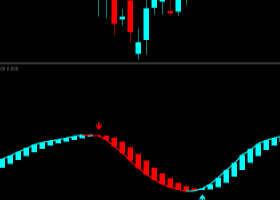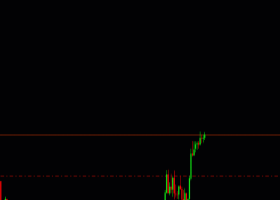
Shanghai Composite tumbles 8.5%; dollar lower, while gold seems to be the winner - Overview
Overnight, Chinese shares saw the biggest daily fall since 2007, partly because of concerns that Beijing may withdraw supporting measures from the market. The dollar declined ahead of the FOMC meeting, and the things look pretty negative for market players unless you are a gold trader. The metal is hovering near the psychological $1,100 threshold.
The Shanghai Composite Index dropped 8.5 percent to 3,725.56 at the close, with 75 stocks falling for each one that rose. The plunge dented investor confidence from Hong Kong to Taiwan and Indonesia, helping send the MSCI Emerging Markets Index to a two-year trough.
China’s fears have spread to oil, which is adding to last week’s 5% drop. Gold and silver are in a sweet spot today, helped by the dollar pullback.
The Shanghai index had regained 16 percent from its July 8 low as
policy-makers went to extreme lengths to ward off a rout that erased
$4 trillion from the nation’s stocks.
Officials allowed more than 1,400 companies to suspend trading, banned major shareholders from selling stakes and armed a state-run financing vehicle with more than $480 billion to support the market, Bloomberg notes.
Here is what has happened in China:


The IMF has told Beijing that while interventions are generally appropriate to prevent a disaster, prices should be allowed to settle through market forces, Bloomberg reports. Chinese officials assured the institution that the measures should be considered temporary, the person said.
Meanwhile, Chinese collapse spread to other markets. The Hang Seng China Enterprises Index sank 3.8 percent, extending the
world’s worst decline in the past month. The Hang Seng Index fell 3.1
percent.
Japan's Nikkei lost nearly a full 1%. Futures on the Dow Jones and the S&P 500 are in red, along with the Stoxx Europe 600.
Analysis
With commodity prices lower, many analysts say it looks less worrying on
the inflation front, trimming the chances of a near-term Fed hike. The
CME Group’s FedWatch finds a 51.3% implied probability of a 25
basis-point Fed hike in September. For October, that same 25-basis-point
expectation is around 43.8%.
In his July Monthly newsletter, Raoul Pal of Global Macro Investor takes issue with consensus views, such as those that think the U.S. economy is healthy and will see a kick-in from lower oil prices. He disagrees with China-stock bulls and those who think the euro will overtake the dollar.
In his opinion:
- Shorting the euro is the “best risk-reward trade in
macro”;
- U.S. bonds will be a a great opportunity on the long side;
- Oil has huge downside risk;
- The U.S. and Europe — dragged south by
Germany — could be headed for recession;
- Equity volatility is a distinct
possibility;
- Emerging markets will be troubled soon.
On top of this all there is a view that we now experience what will prove to be one of the biggest dollar bull markets in history, and "it is going to reap devastation on the global economy.”


